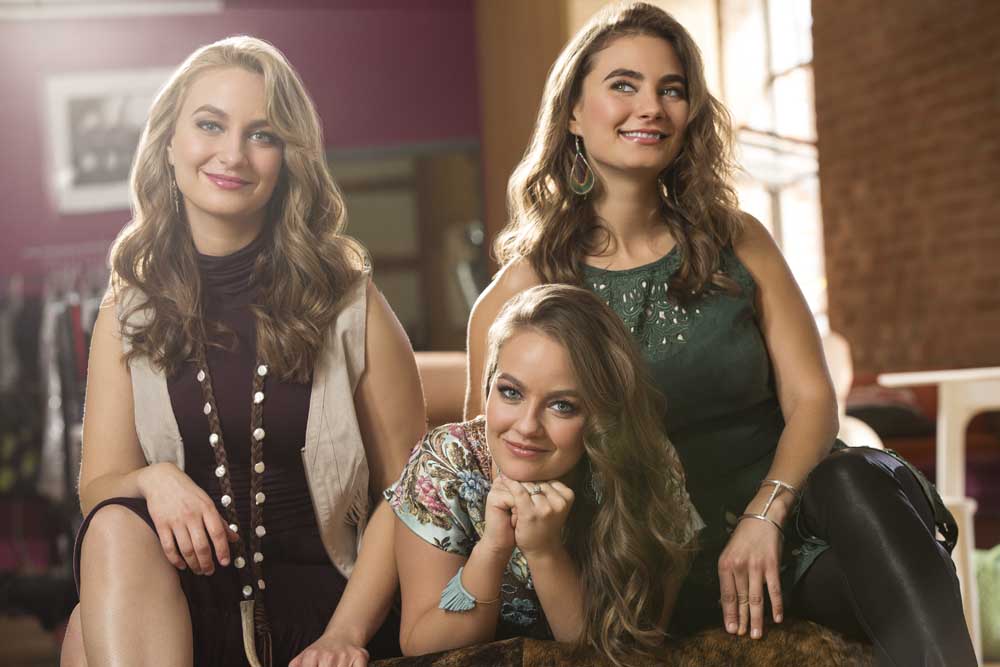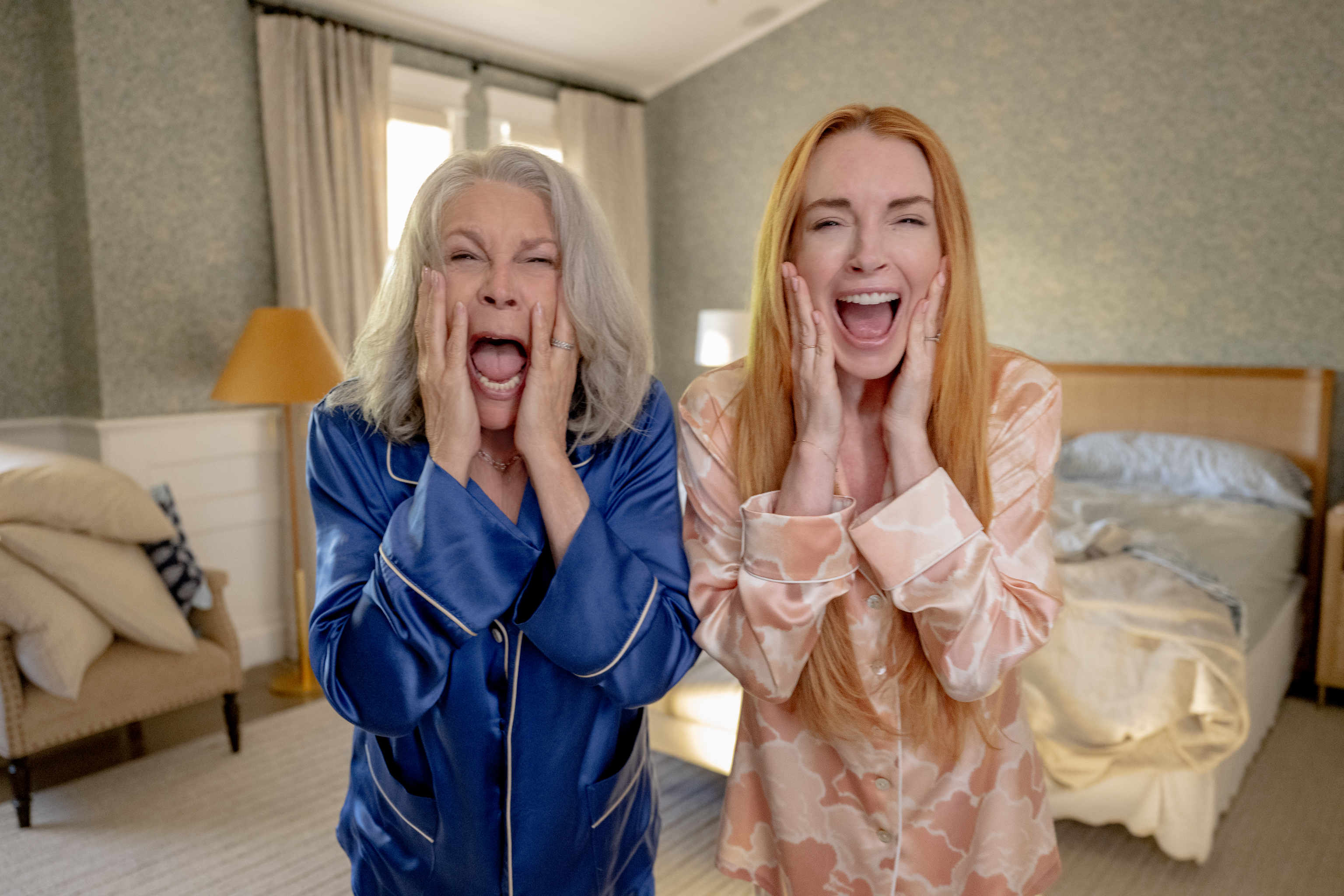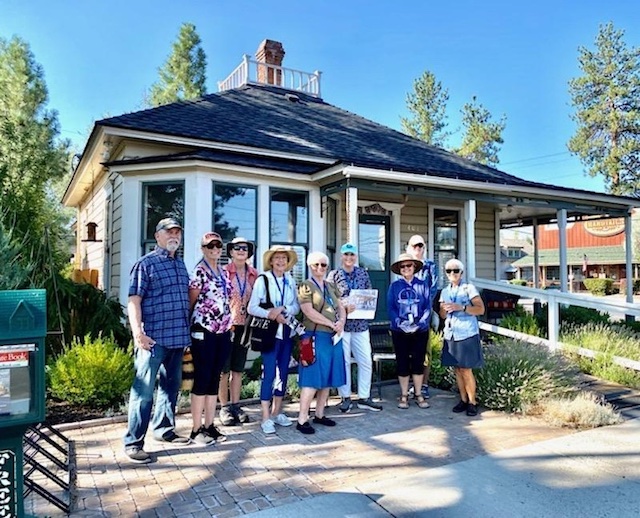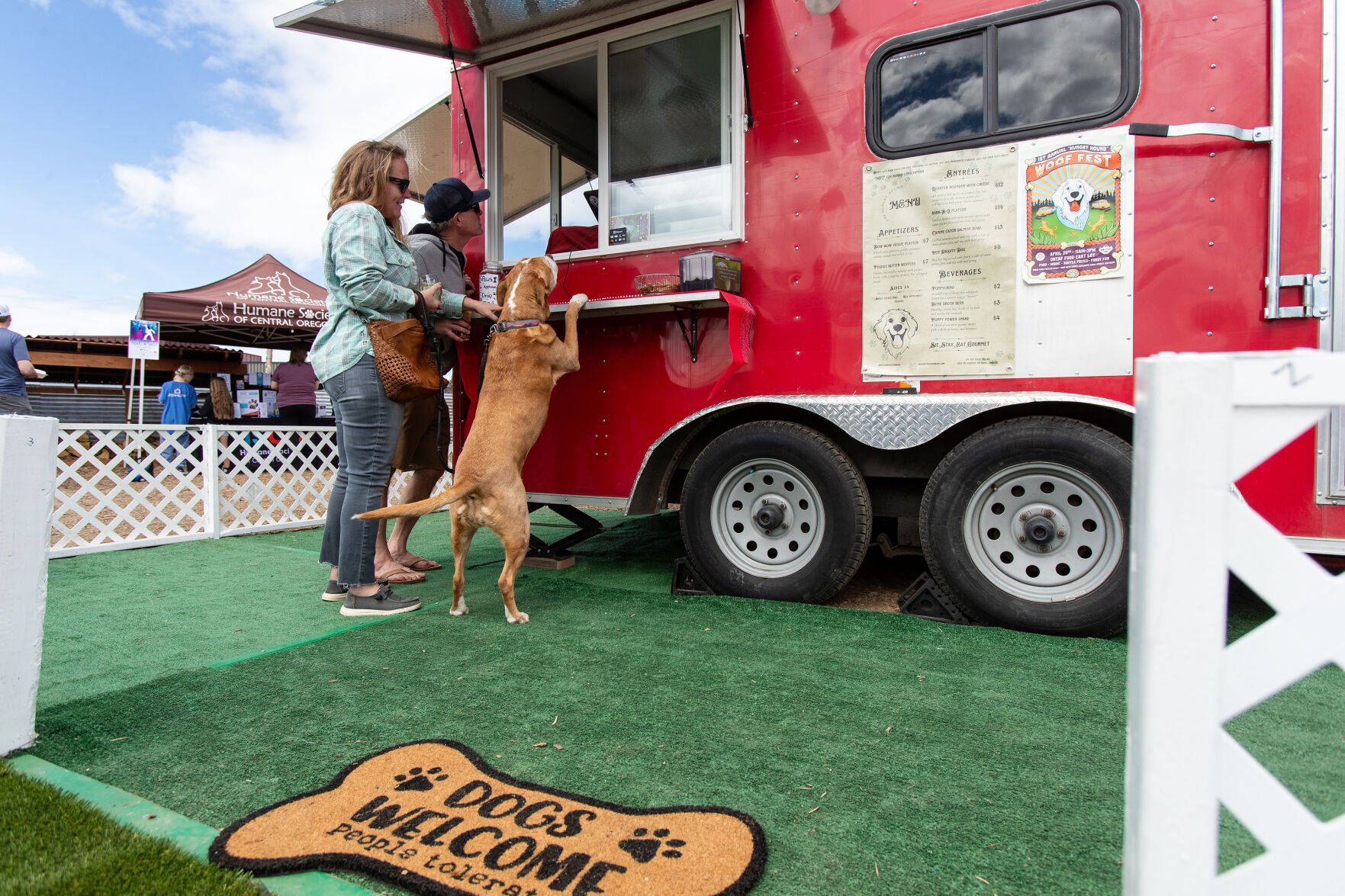The Quebe Sisters Band swings back to Bend
Published 12:00 am Thursday, March 7, 2019

- The Quebe Sisters Band will swing back to the Tower Theatre on Sunday. The progressive Western swing band is working on its first studio album since 2014. (Stewart Cohen/Submitted photo)
Grace, Sophia and Hulda Quebe were barely teenagers when they started The Quebe Sisters Band in 2000 under the guidance of their fiddle teacher, Joey McKenzie.
As musical director and guitarist for the band, McKenzie picked the songs and wrote the arrangements for the sisters’ first three albums, including their most recent, 2014’s “Every Which-a-Way.” During his tenure, the band would go on to guest multiple times at the Grand Ole Opry and share stages with heroes such as Willie Nelson, Ray Price, Marty Stewart and Asleep at the Wheel.
Trending
But following the release of “Every Which-a-Way,” the band’s second album to feature vocals along with instrumental fiddle tunes, McKenzie left the band, and the Quebes took complete control.
“It’s just been a really great process and obviously just transition from more of a learning perspective when Joey was in the band and watching him work and learning from that, to now we’re all on our own and we’re doing this ourselves,” middle sister Sophia Quebe said recently from Fort Worth, Texas, where The Quebe Sisters Band was scheduled to perform. “We had a lot of time to just absorb and watch other great musicians work, and now it’s our turn to try to step up to the plate. It’s been a lot of fun; it’s been really challenging, but it’s come off really well, we feel, so we’re really excited and thankful for that.”
The Texas sisters have spent the ensuing years expanding and honing their triple-fiddle, Western swing attack, adding new songs from jazz and country repertoires and writing their own material for the first time. With a fourth studio album recorded and set for release sometime this year, the band is hitting the road to try out new material and will return to the Tower Theatre on Sunday.
Bend audiences got a taste of the group’s evolution when it last performed at the theater in 2017; before that, the band played the Sisters Folk Festival in 2009. The sisters call their new approach “progressive swing” to separate it from the traditional Western swing sounds popularized by genre legend Bob Wills. Traditionalists may balk, but as Sophia pointed out, Wills was an innovator in his time, too.
“(Wills) was a huge advocate of just pulling and bringing in all sorts of influences and styles from other genres and instruments that weren’t really necessarily accepted in the swing and country music worlds,” Sophia said. “He blended that all together, and that’s become the sound of Western swing that we’re all used to hearing. But it was very progressive at the time; it was very innovative, and we just want to keep the spirit of that going in what we do.”
For the new record, which tentatively will be self-titled, the sisters kept their unconventional instrumentation — their three fiddles and voices, accompanied by stand-up bassist Daniel Parr and guitarist Simon Stipp — while changing the way they worked together. For example, Sophia often took on the lead vocal role in the past, while elder sister Grace sang the low parts and youngest sister Hulda took high harmonies; now, the three swap lead vocals depending on the song.
Trending
Sophia spearheaded much of the songwriting, working with her sisters and other band members on instrumental and vocal ideas.
“We wanted to try to write a Western swing-type instrumental blues tune — Bob Wills had tons of those tunes that different band members would write — and so I wrote one of those with our bass player, and it was a lot of fun,” Sophia said. “We just sat around for several days and just came up with different things, and we’re like, ‘we like this, we don’t like that.’ So it was super collaborative. And then some of the other tunes I wrote more on my own, but then got feedback and suggestions from my sisters and some input on lyrics and things. For me, I don’t have tons of songwriting experience, but I can say at least for myself that it’s been kind of a different process on each of the songs.”
As fiddling prodigies, the Quebes started out playing and winning many fiddle contests in their native Texas, with all three taking home Texas State fiddle champion titles in the late ’90s and early 2000s. A similar fiddling contest in 1998 ended up introducing the budding musicians to Texas-style fiddling; before that, they studied classical violin.
“For about the first six months, we didn’t even know about fiddling,” Sophia said. “… And then we went to a fiddle contest near where we lived and we heard fiddling for the first time — there were these kids up there and adults and all these people playing fiddle tunes. And we’re like, ‘Whoa, this is really cool. We didn’t know this is a thing you could do.’ And so immediately we wanted to switch to playing fiddle.”
While music didn’t run in the Quebe family, the sisters picked up on fiddle quickly. Their parents weren’t surprised when they started touring with artists such as Ricky Skaggs and Asleep at the Wheel in the mid-2000s.
“We always played at all the family gatherings,” Sophia said. “Everybody’s like, ‘Can the girls play their fiddles?’ ‘Sure, OK.’ And so we would play tunes for everybody. It was just so different from what our family was used to hearing. I just think they thought it was cool, and that’s just what we did.”








